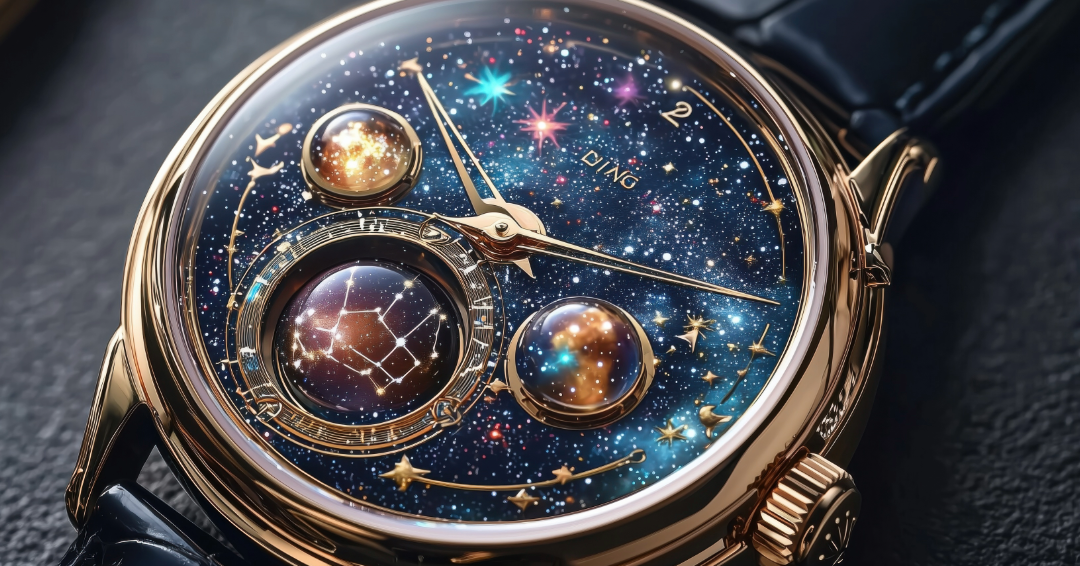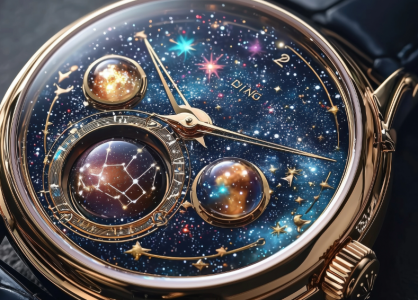The world of collecting is undergoing a revolutionary transformation, fueled by rapid advancements in technology. Emerging tools like Artificial Intelligence (AI) and blockchain are reshaping how collectors value, authenticate, and secure their treasures. As these innovations make collecting safer, smarter, and more efficient, industry leaders like MPC are at the forefront, integrating AI-powered features and exploring blockchain verification to enhance trust and security for the collector community.
AI in Valuation: A New Era for Collectibles
Accurate valuation is the lifeblood of the collecting industry. Traditionally, determining the worth of collectibles has relied heavily on expert opinion, which, while invaluable, can sometimes be subjective or prone to human error. Today, AI is stepping in to revolutionize this process by analyzing vast amounts of data to provide precise, real-time valuations.
Recent research, such as the studies conducted by MIT, showcases how advanced algorithms can assess market trends, historical data, and condition metrics to deliver a more accurate appraisal. This not only benefits seasoned collectors but also empowers newcomers by providing a transparent and data-driven approach to valuation.
Blockchain: Securing Authenticity and Trust
One of the most significant challenges in the collecting world is the prevalence of counterfeits. With the rise in sophisticated forgery techniques, ensuring the authenticity of high-value items has never been more critical. Blockchain technology offers a robust solution by creating an immutable ledger of ownership and provenance.
By leveraging blockchain, each collectible can be securely registered with a unique digital signature that verifies its authenticity and history. This process significantly reduces the risk of fraud and increases buyer confidence. For further insights on how blockchain is fortifying the collectibles market, the World Economic Forum offers a comprehensive analysis of blockchain security in this field. Additionally, Rarity Sniper provides valuable perspectives on digital authentication practices that are reshaping the industry.
MPC’s Vision: Bridging Technology and Tradition
MPC is at the cutting edge of this technological revolution, blending traditional expertise with modern innovations to serve the collector community. By incorporating AI-driven valuation models, MPC is ensuring that collectors receive precise appraisals that reflect real-time market dynamics. Simultaneously, the exploration of blockchain verification methods is reinforcing the integrity and security of each transaction.
This dual approach allows MPC to offer the best of both worlds—leveraging technology to enhance efficiency while preserving the deep, trusted expertise that has long been the cornerstone of the collecting industry.
A Safer, Smarter, and More Efficient Future
The integration of AI and blockchain into the collecting world is more than just a trend—it’s a paradigm shift that is setting new industry standards. These technologies are not only streamlining processes and reducing risks but also opening up exciting possibilities for innovation. Collectors can look forward to a future where every item’s value is accurately determined, every transaction is securely authenticated, and the entire market operates with unprecedented transparency.
As MPC continues to pioneer these advancements, the collector community is positioned to benefit from an ecosystem that is both secure and forward-thinking. The future of collecting is here, and it promises to be as dynamic and exciting as ever.
References:
- MIT’s research on AI valuation for collectibles
- The World Economic Forum’s take on blockchain security in collectibles
- Rarity Sniper’s insights on digital authentication
Embracing AI and blockchain is transforming the way we collect and cherish our prized possessions. With technology driving a new era of precision and security, the collecting industry is set to become more resilient and innovative than ever before.


The development of telemedicine platforms has been transformative for healthcare accessibility. Being able to consult with healthcare providers remotely has made medical care more convenient and accessible for many people, especially in rural areas. This is technology truly serving human needs.